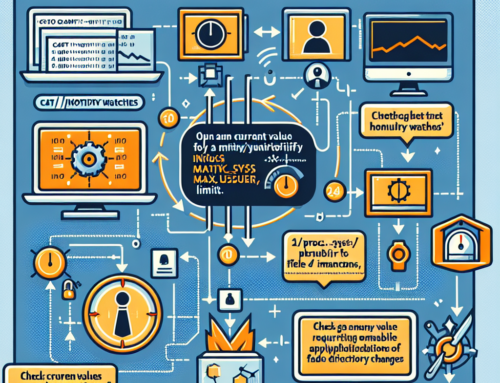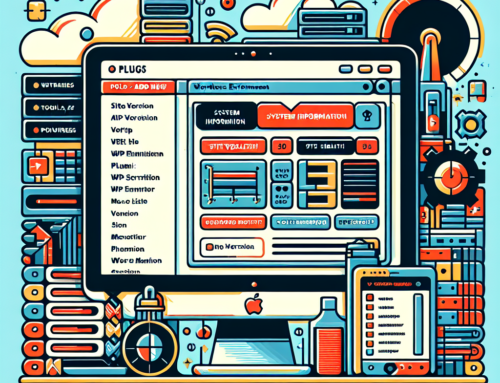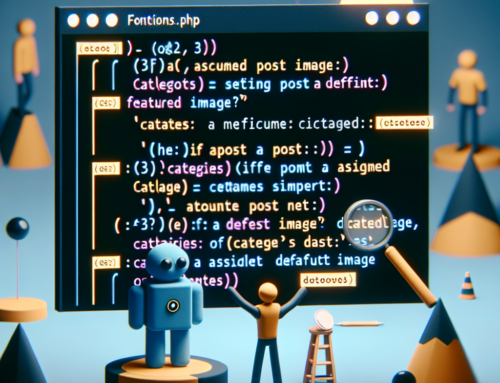Introduction: In the realm of electronic communications, encountering issues related to email sending and receiving is common. One of the most frequent errors is “Relay Access Denied.” In this article, we will explain in detail what this error means, why it occurs, and how you can fix it.
What is the Relay Access Denied Error? The “Relay Access Denied” error is a message that appears when you try to send an email, but the mail server you are using does not allow you to relay the email to a destination server. This issue typically occurs on SMTP (Simple Mail Transfer Protocol) servers and serves as a security measure to prevent unauthorized use of the server.
Causes of the Relay Access Denied Error:
- Incorrect SMTP Server Configuration: One of the most common causes is incorrect SMTP server configuration, which prevents proper user authentication.
- Lack of Authentication: Some SMTP servers require authentication before allowing emails to be sent. If this authentication is not performed correctly, the error may occur.
- Blacklists: If your IP address is on a blacklist, some servers may reject your emails to prevent spam.
- DNS Issues: Errors in DNS configuration can also cause this problem, preventing emails from being delivered properly.
How to Fix the Relay Access Denied Error:
- Verify SMTP Server Configuration: Ensure that your SMTP server settings are correct, including the server name, port, and authentication requirements.
- Enable SMTP Authentication: If not enabled, configure your email client to use SMTP authentication.
- Check Blacklists: Verify if your IP is on any blacklist and request removal if necessary.
- Update DNS Configuration: Review and correct any DNS configuration errors that might be interfering with email delivery.
Conclusion: The “Relay Access Denied” error can be frustrating, but with a little patience and the right steps, you can resolve it. It’s essential to ensure that your mail server settings are optimized and that best practices are followed to avoid future issues.







Leave A Comment